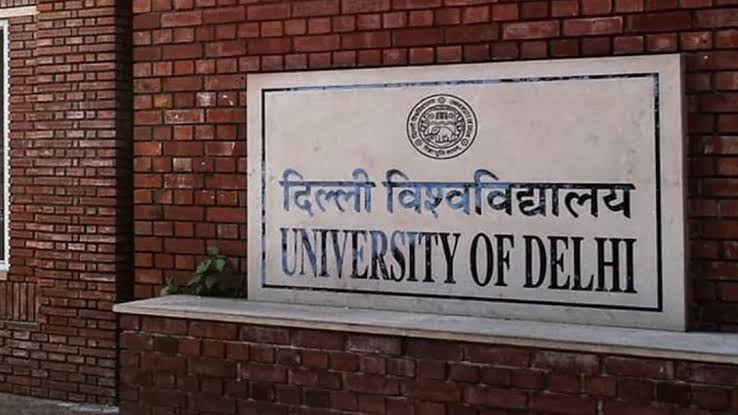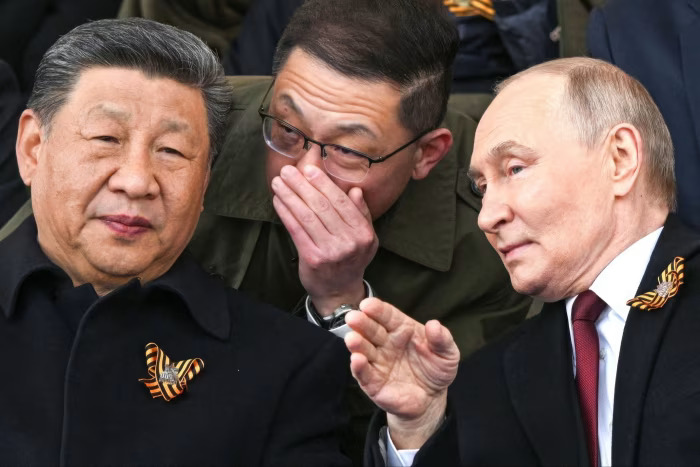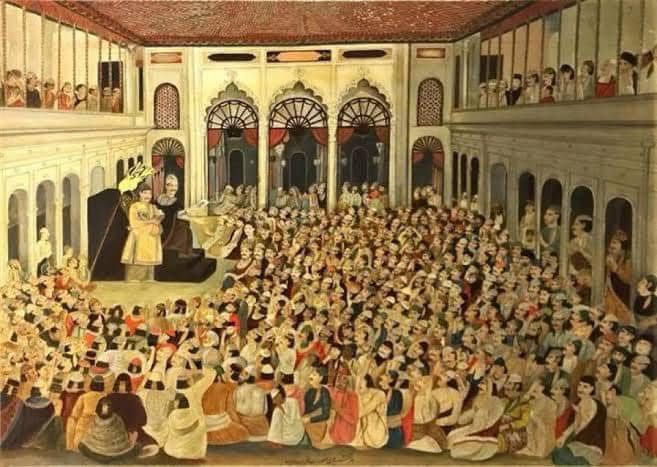Narrowing the Scope: DU’s Syllabus Overhaul

Delhi University’s Standing Committee on Academic Matters has directed departments to remove or reframe postgraduate syllabi covering sensitive and controversial topics—including courses on Pakistan, China, Islam, caste, sexuality, and religious identity. Proposals like Pakistan and the World, China’s Role in the Contemporary World, and Islam and International Relations have been withdrawn pending revision . Similarly, undergraduate units on caste, gender, same‑sex relationships, and minority identities have been targeted.
This sweeping curriculum overhaul appears driven by a desire to “India‑centrist” narratives but ends up risking intellectual impoverishment. This move is not only unproductive but dangerously narrow‑minded—and, in effect, anti‑knowledge.
Reframing “Relevance” into “Isolation”
An insulated academia? DU leadership argues that courses should prioritize India—for instance, replacing a study of global Pakistan with India‑Pakistan relations . But understanding Pakistan—or China, Islam, caste, sexuality—in their own complex contexts is essential for meaningful comparison, critical thinking, and regional literacy.
Why depth matters. Pakistan’s foreign policy, China’s rise, and the socio‑political role of Islam are interconnected with India’s trajectory. Studying them in isolation empowers students to appreciate nuance, challenge biases, and equip them for contemporary discourse. Diluting them makes India blinkered—not enlightened.
Eroding Critical Thinking
Academics voice concern. DU committee member Prof Monami Sinha warned that removing these topics undermines critical thinking and risks “dilut[ing] controversial but academically relevant content” . Faculty from sociology, psychology and history have similarly warned against sidelining caste, gender, sexuality, and communal dynamics—vital lenses to analyze Indian society and global relations.
A worrying pattern. Critics argue that this is not isolated. DU has previously attempted to drop studies on Ambedkar, caste, feminism, and marginalised identities . Across the board, elective courses are being squeezed to fit a sanitized, comfort‑zone syllabus—limiting honest engagement with real-world complexities.
The Risks of Intellectual Monoculture
Anti‑knowledge by omission. Knowledge grows through confrontation—of ideas, evidence, narratives. Strip away inconvenient or uncomfortable subjects, and you create intellectual vacuums where myths thrive and critical enquiry is stifled.
Poor preparation for the real world. Students graduating with narrow, narrowly-approved content may struggle to engage in diplomacy, policy, civil rights, academia, media—fields that demand understanding across borders, religions, and communities.
Academic autonomy under siege. The standing committee’s edicts encode ideology into curriculum, bypassing scholarly deliberation . Such top-down politicisation threatens the independence and reputation of Indian academia.
This phenomenon isn’t unique to DU. A similar debate played out in California in 2016–17, when advocacy groups successfully pressed to remove references to caste and untouchability in school textbooks, sparking backlash from academics . That controversy underscored a critical point: erasing uncomfortable history or perspectives doesn’t elevate education—it impoverishes it.
Charting a Better Path
Curriculum must challenge. Courses should encourage engagement—with Pakistan’s political economy, China’s global strategy, caste hierarchies, the evolving discourse around sexuality—not avoid them. Scholarly, evidence‑based study is the antidote to misinformation and prejudice.
Restore academic autonomy. Course design should be driven by faculty, researchers, and students through transparent debate, not administrative diktat. The Academic Council, not only standing committees, should determine syllabi after engaging with faculty votes and public consultation.
Embrace diversity as strength. Rather than erasing diverse perspectives on religion, gender, caste, and identity, universities should institutionalize diversity—through interdisciplinary electives, engaged research, and inviting across-spectrum voices.
Delhi University’s syllabus purge—excising geopolitical, religious, social, and gendered content—amounts to an intellectual retreat. It substitutes discomfort with bland comfort and censorship with apparent order. Far from equipping learners, it disarms them.
Universities are not campuses of indoctrination but crucibles of critical thought. Preserving academic freedom, enriching engagement with diverse and challenging ideas, and bolstering intellectual courage must be the antidote to this narrowing of knowledge. Only then can we trust our universities to prepare students not just for jobs, but for democracy, dialogue, and responsible citizenship.
(Author is a former member of the history faculty at St. Xavier’s College, Mumbai. Views are personal.)

 1 week, 3 days ago
1 week, 3 days ago





[[comment.comment_text]]